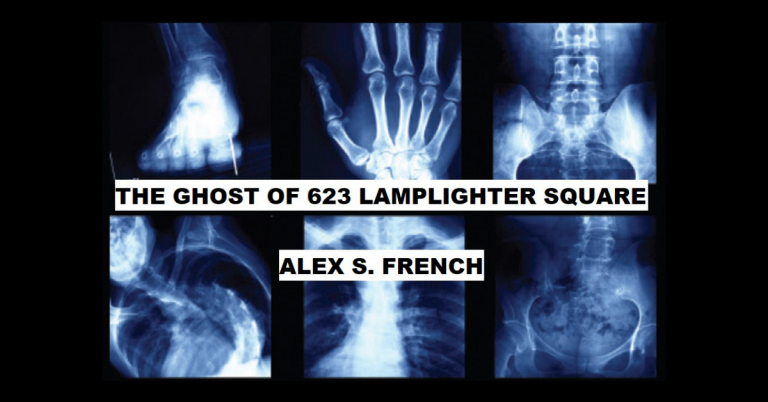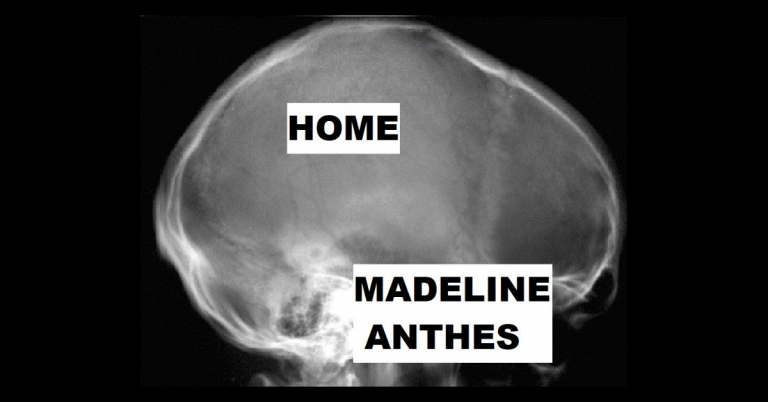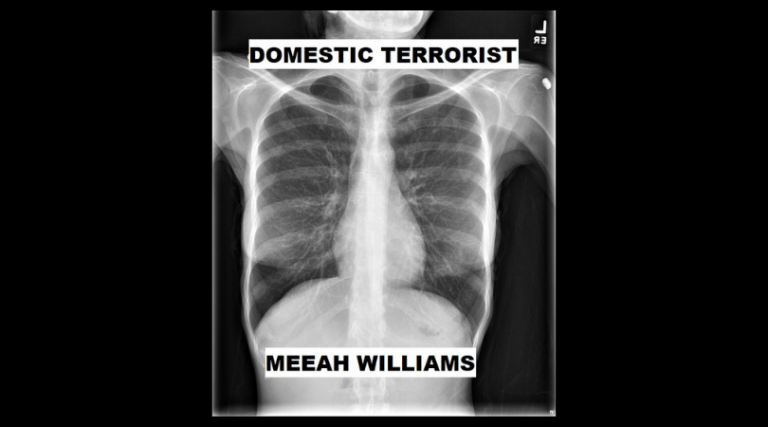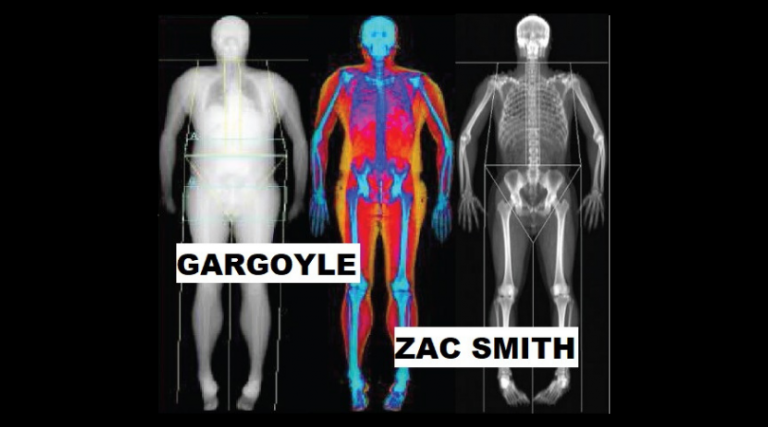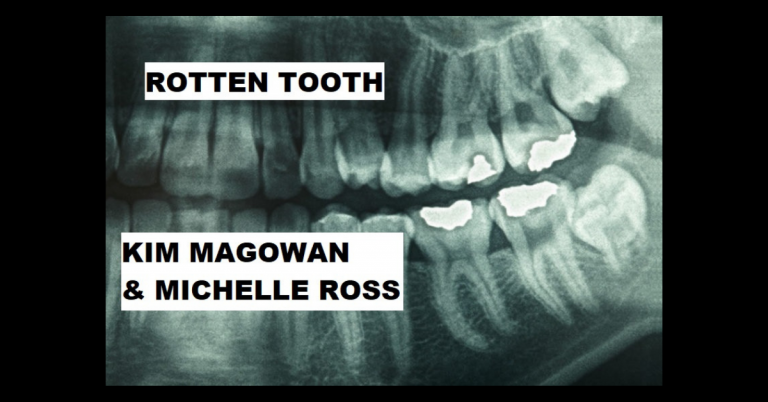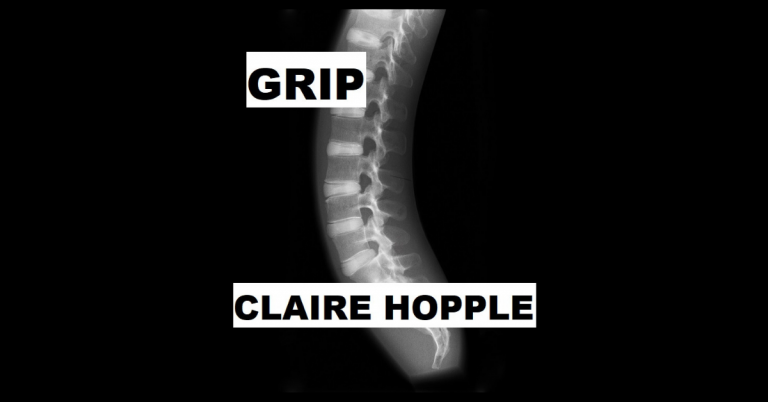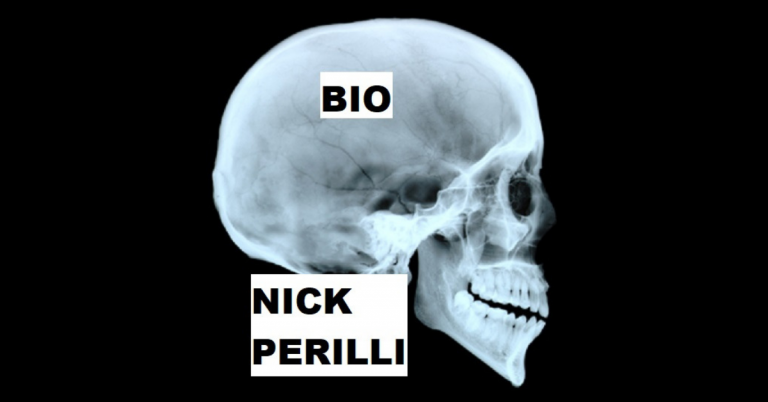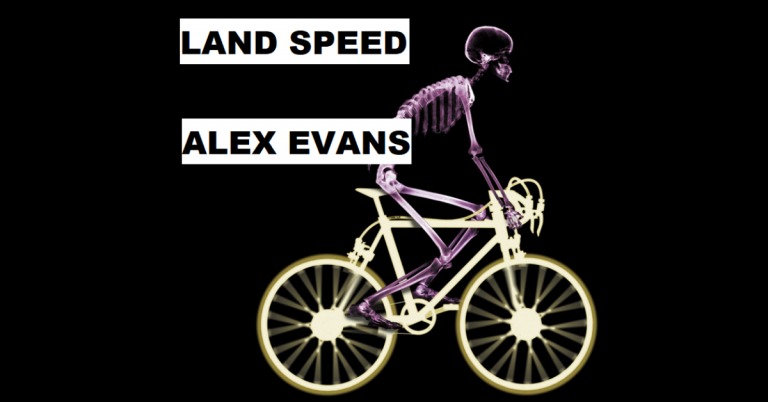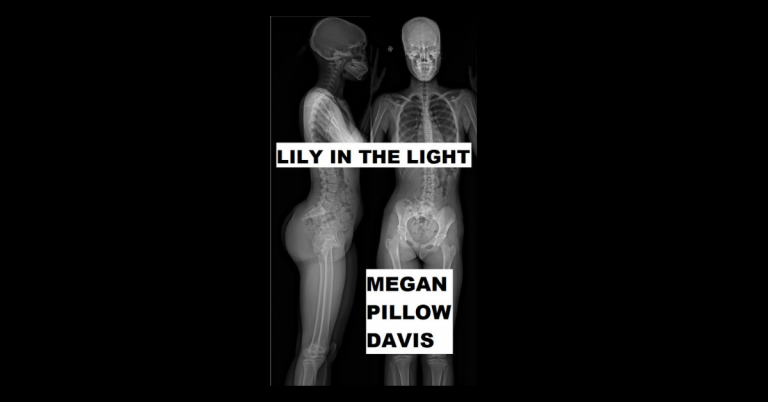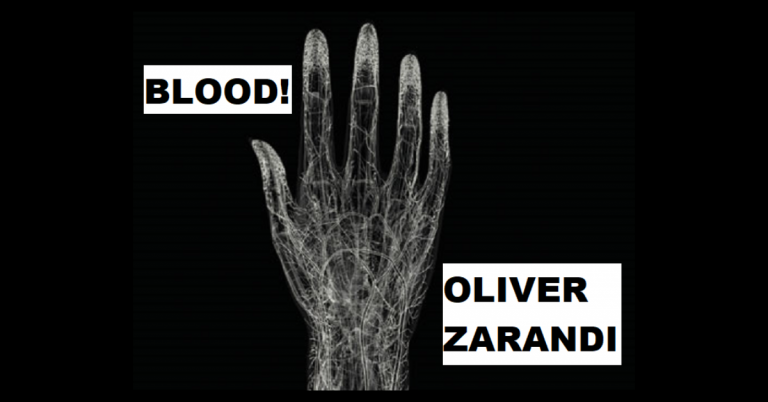
BLOOD! by Oliver Zarandi
The elderly lady bleeds every day in my favourite cafe. The owner accommodates this and surrounds her with buckets. He mops it up. Sometimes he puts her in a bathtub, right there in the centre of the café, and she fills it up, laughing and bleeding. People applaud and remark on her unique nature. I hate her, I tell my husband, I hate her with all my heart. He says nothing because he’s a coward. He carries on reading his newspaper and ignores me. He has beady eyes and untrustworthy hands. He has the bony toes of a medieval Jesus.

